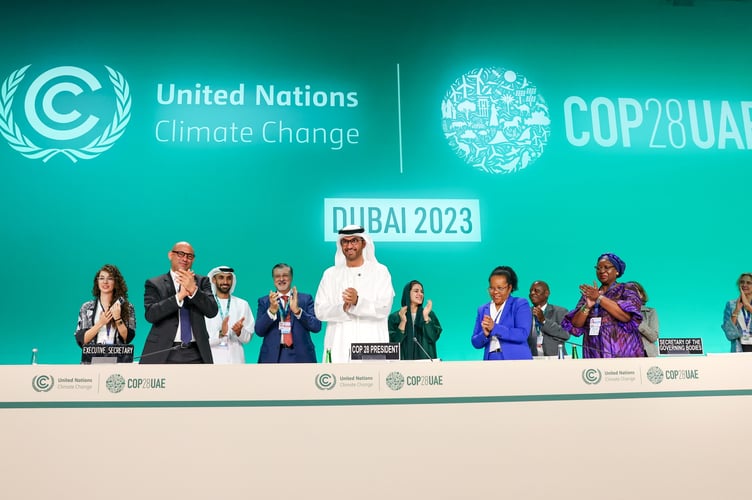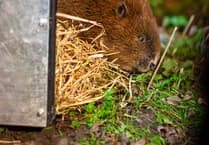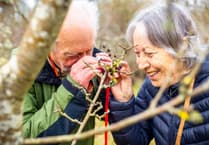Let’s look at the positives first. The COP28 agreement brokered by the UAE last week explicitly recognises the need to “transition away from fossils fuels”.
That might seem like a no-brainer if we are talking about trying to stem the climate crisis but, extraordinary as it may seem, it is the first time the root cause of the climate problem has been specifically addressed in 30 years of UN climate talks.
“Transition away” is compromise language as the big oil producing countries wouldn’t accept the terms phase-out or phase-down because of what it might imply for them.
In fact, the terminology is so lose that the president of COP 28, Sultan Al Jaber, who is also the chief executive of the UAE’s oil and gas company, could say the day after the meeting ended that his company would continue with its record investment in production.
It looks like I wasn’t able to stay positive for long! And you might question why I have a problem with the term “transition away” when our group is called Transition Haslemere.
It’s because we set up nearly 20 years ago as part of a grassroots movement to encourage communities to reduce their fossil fuel reliance.
The premise was that while we expected our governments to develop national and international policies to curb industrial-level carbon emissions, we would do our best collectively to reduce our individual emissions.
The COP28 agreement suggest governments are lagging way behind their populations in taking the necessary steps to protect them from climate disaster.
But there were other elements in the agreement that give at least some hope.
The agreement commits countries to tripling renewable energy capacity and doubling the annual rate of energy efficiency improvements by 2030 – although it failed to quantify the specifics allowing countries lots of wriggle room.
Probably most encouraging was the recognition for the first time of the crucial inter-relation of climate with nature.
Models of how we can limit global heating – ideally to the 1.5 degrees Celsius target set at COP 21 in Paris in 2015 – assume a major role for the natural world in absorbing and storing carbon.
The new agreement “emphasises the importance of conserving, protecting and restoring nature and ecosystems towards achieving the Paris agreement temperature goal”.
As with the rest of COP28 statements, that comes with many caveats.
But let’s hold on to the positives and recognise too that community level climate and biodiversity action has never been higher than it is today.
After all, it is the season of good cheer.
Clive Davidson has lived in Haslemere for nearly 30 years and has been chairman of Transition Haslemere since 2009.





Comments
This article has no comments yet. Be the first to leave a comment.